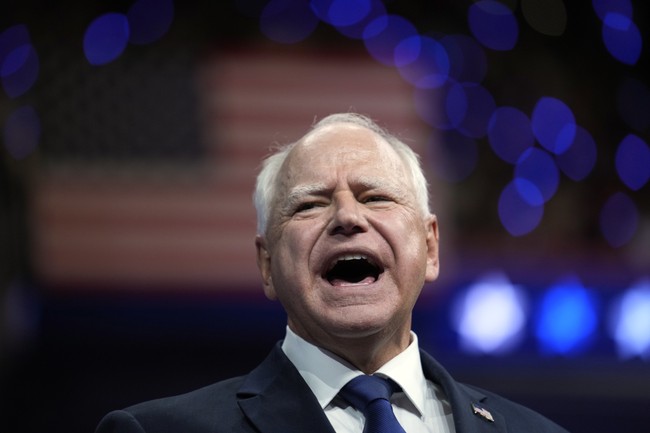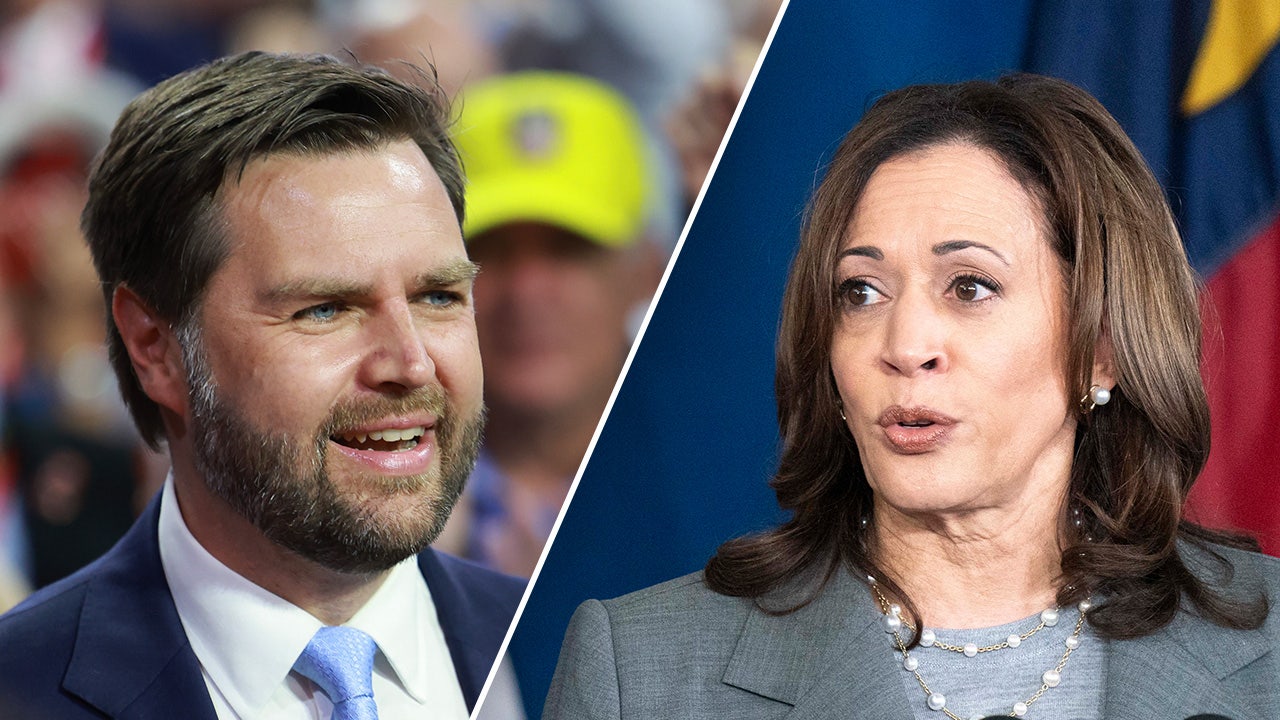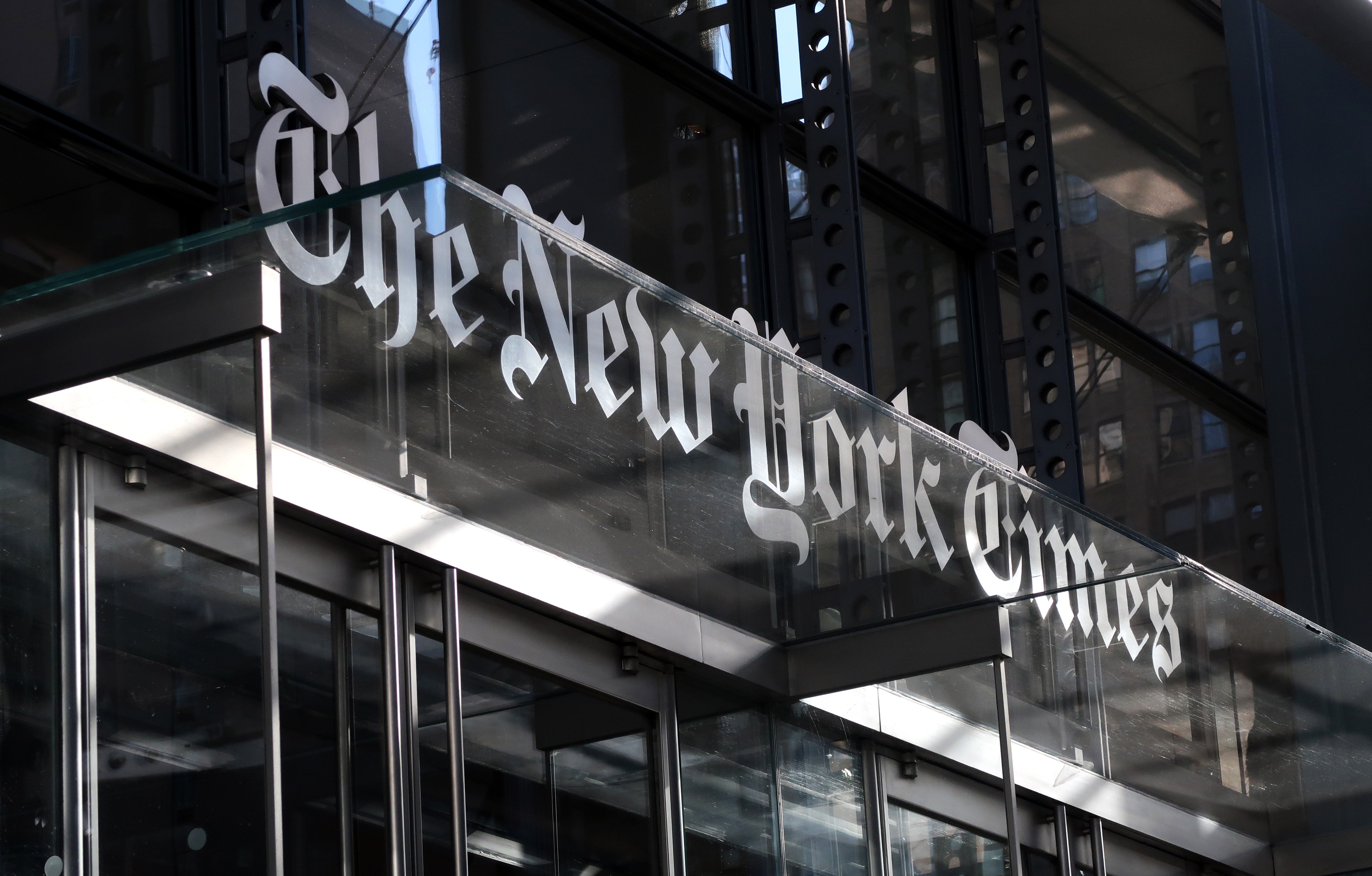Alternate headline: You Know What Happens When You Assume?
According to most mainstream media outlets, the addition of Tim Walz to the ticket gives Kamala Harris immediate reach into rural America. Walz himself came from rural Minnesota, they have reminded readers and viewers. He has a connection to red-state America! Walz didn’t go to an Ivy League college, and he worked as a teacher before going into politics. It’s the common touch that Kamala Harris and the Democrat elite clique need — after kicking “Scranton Joe” Biden to the curb and anointing Harris as the nominee.
Oddly enough, only MSNBC among the Stenogralism industry has taken a closer look at the assumptions inherent in that argument. Does Walz have a special connection to rural America — or even rural Minnesota? Both David and I scoffed at that idea yesterday, having seen Walz’ gubernatorial campaigns up close. MSNBC’s Steve Kornacki ended up just as skeptical after looking at the data:
‘You Don’t Quite See That’: MSNBC Data Guru Delivers Brutal Reality Check To Dems After Walz Pick pic.twitter.com/J020ClHAtw
— Daily Caller (@DailyCaller) August 6, 2024
One of the Democrats’ chief challenges in those states is in blue-collar and small-town areas, where the party once ran competitively (or at least respectably) before the floor fell out amid and after Donald Trump’s emergence in 2016. The thinking is that Walz’s story and style will be relatable and reassuring to some of those voters, blunting at least part of the Trump GOP’s newfound dominance.
There’s a catch, though: Walz wasn’t able to do that himself in his last campaign. …
What’s striking, if anything, is how different the Walz and Biden numbers are from Obama’s. When Obama won his two elections, he joined strong metro-area support with respectable showings (and sometimes better) among small-town and blue-collar voters. A primary feature of American politics since Obama has been the virtual disappearance of that kind of demographic and geographic balance from the Democratic coalition.
In his ’22 campaign, Walz didn’t restore that old balance. His coalition, instead, looked just like what has become the standard post-Obama coalition for Democrats. He rolled up massive margins in metro areas and took a beating practically everywhere else.
I included the clip above in the Final Word round-up, but it deserves its own notice and analysis for several reasons. One, interestingly, is the media angle. MSNBC not only ran this yesterday on the air, NBC News featured it in its online portal later in the day. It cuts against other MSM cheerleading for the Walz pick, and it ran on the web just as Josh Shapiro slobbered all over Walz in Pennsylvania. Give MSNBC, NBC, and Kornacki some credit for attempting an honest analysis.
The other media angle on this, though, is how easily accessible this information actually is, and not just to other news agencies. We’ll get to Team Kamala in a moment, but why didn’t other media outlets bother to look at Walz’ electoral record before hailing the choice as RuralMan? David literally had the 2022 gubernatorial election map up within a few minutes of the choice being made official:
Apparently most of the other media just swallowed the line from the DNC and Team Kamala that Walz had shown electoral strength in rural ares without bothering to check. So much for the old reporter’s maxim, If your mother says she loves you, get a second source.
But this isn’t just a media failure. Harris chose Walz for this very same reason, or so the campaign insists. Did they bother to look at Walz’ lack of success in rural Minnesota? Did they bother to think through what that might mean for people outside of Minnesota, who will have little or no connection to Walz’ earlier political identity as more of a moderate?
To put it bluntly, Walz couldn’t sell his Grandpa Tim act outside the most urban areas of Minnesota. Why would anyone think he can sell it on the road, especially in the key Blue Wall states? Rural voters in Pennsylvania, Michigan, and Wisconsin have no emotional ties to Walz, which is why picking a running mate from those states might have made some electoral sense. Josh Shapiro would have been a much more strategic choice, not just because of his native status in PA but also because Shapiro actually gets decent approval ratings from Pennsylvania Republicans (25% in February), considering the current polarized state of politics.
That leaves the campaign in a bind, even if it might not be apparent in the short run. Just as Harris achieved Peak Kamala on anointment, we are probably seeing Peak Walz, only that may not last long either. The natural rally effect of a Veepstakes choice plus the upcoming convention will fuel enthusiasm for the next couple of weeks, but after that both Walz and Harris will have to start answering for their records. Right now, a lot of Walz’ record in Minnesota is pouring out onto the national stage, even while the more stalwart Stenogralists try to keep the hagiographies front and center. That happy warrior narrative won’t wear for long with Walz either, as Minnesotans could have told Team Kamala.
As David just argued in his previous post, this just demonstrates how bad Kamala Harris is at politics. It also demonstrates how bad the media is at actual reporting, a lesson we’ll see over and over again between now and November.
Read the full article here





![Handshake Rejected? Kamala Harris Left Hanging by Senator’s Husband [WATCH] Handshake Rejected? Kamala Harris Left Hanging by Senator’s Husband [WATCH]](https://www.lifezette.com/wp-content/uploads/2024/10/2024.10.30-06.27-lifezette-67227aaa9e492.jpg)



![Memorial Gaffe Sparks Public Outrage [WATCH] Memorial Gaffe Sparks Public Outrage [WATCH]](https://www.lifezette.com/wp-content/uploads/2024/11/2024.11.11-01.31-lifezette-673207220b714.jpg)